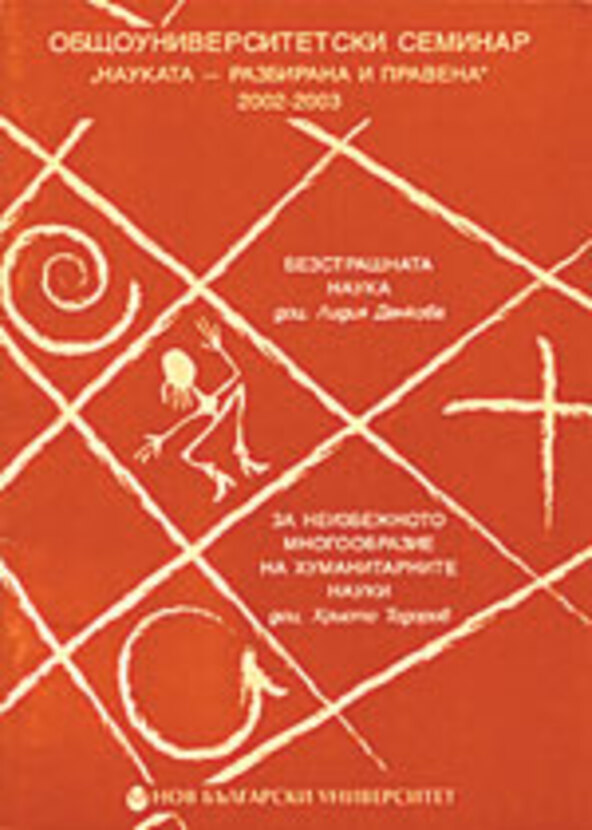
The Fearless Science. On the Inevitable Versatility of Liberal Arts
Artes Liberales
‘Discovering the elemental, meaning natural versatility of being, man assigns it forms, so as the only thing left that might scare people is the ‘image-less’, ‘form-less’, that in which the life force of the roots does not flow and no exuberant leaf crown can be amazingly formed and reach the sky. However, where and what do the roots take hold of? In the first book of Politics, Aristotle warns that ‘man is equipped with tools by nature – mind and virtue – but one can use them perfectly well for wrong doing as well. Therefore, a man deprived of virtue is the most evil and wild creature.’ [19] Pascal says too that he does not at all admire ‘some clearly manifested virtue, for example, courage, if not combined with the same clearly manifested opposing virtue,’ for example, ‘bravery and kindness – otherwise you do not ascend but descend.’ [20] Therefore, in some way, ‘not to be afraid of versatility’ means to be afraid of the lack of a definite ethical position – the lack of ‘kindness’ that ensures moral rooting and enables us to assign allowable and worthy forms to versatility.’
